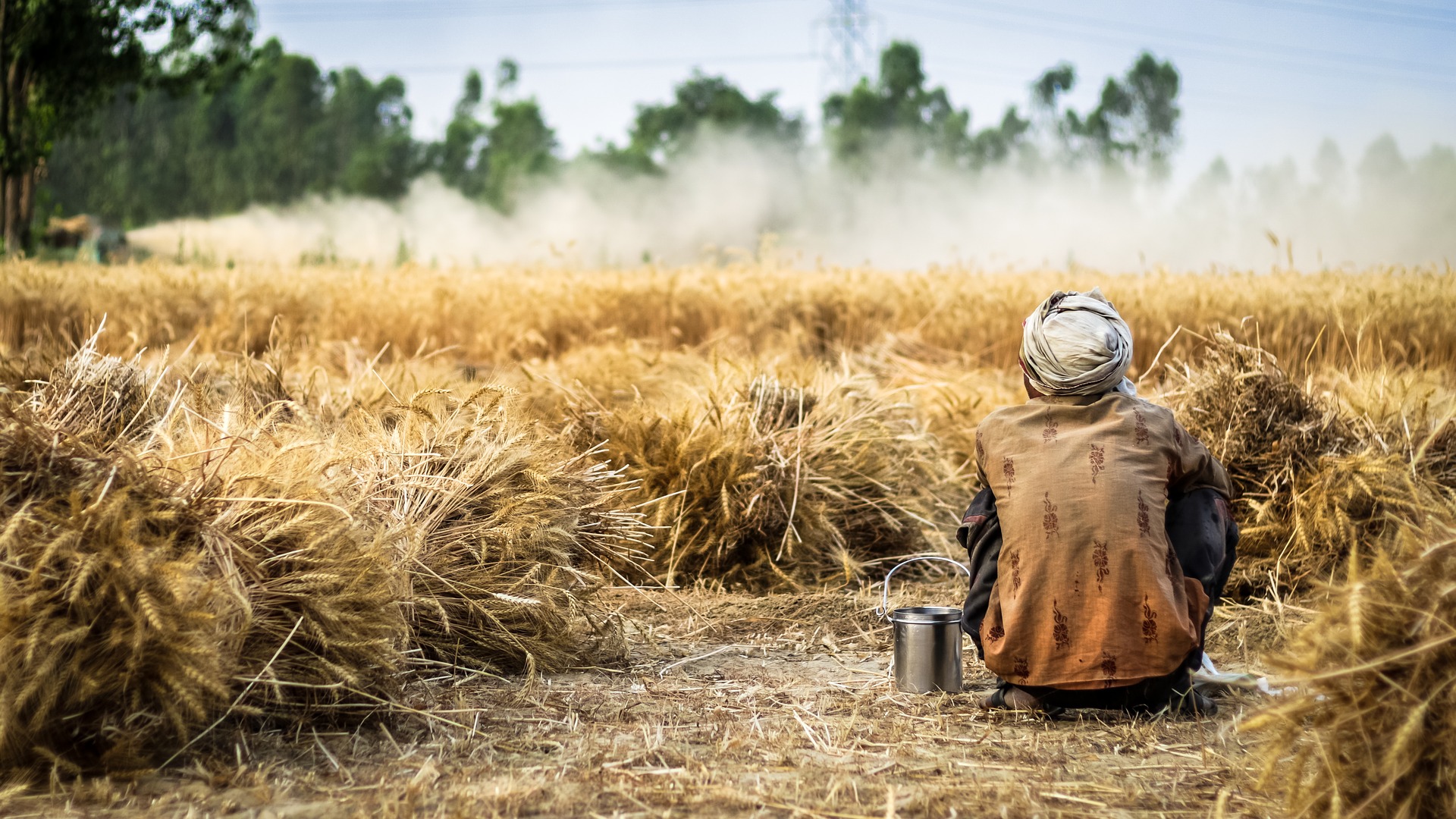Twenty-first Sunday in Ordinary Time
Sr. Teruko Ito, MM
August 22, 2021
Joshua 24: 1-2a, 15-17, 18b; Psalm 34, 2-3, 16-17, 18-19, 20-21; Ephesians 5: 21-32; John 6: 60-69
Sr. Teruko Ito, MM, reflects on how God calls us and speaks to us as we face life’s challenges.
In today’s Gospel reflection, after having been abandoned by a large crowd for his challenging teachings, Jesus asks his disciples at Capernaum, “Do you also want to leave?” In the first reading, Joshua asks his followers at Shechem a similar question. In each reading, the people of faith are at a crossroad.
Joshua gathers his people at Shechem and asks them whom they will serve. Joshua has the people look back at events in their own history as a people: how they wandered in the desert and crossed the sea in miraculous fashion, out of slavery. They recall the story of Abraham, Jacob, their wives, their sons and daughters, and all their descendants’ experience of God’s faithfulness. Their God is a “choosing God,” who chose them. He also wants us to choose him.
“Choose for yourselves this day whom you will serve,” Joshua declares. And they chose and declared, “We also will serve the Lord, for He is our God.” Shechem is now recalled as the place of the Israelite’s calling forth to remember their past, how God had been faithful to them, protected them, provided for them.
Jesus also asks his disciples to choose him in today’s Gospel. In his place of mission, the city of Capernaum, he asks them to believe in a God who sent someone into this world. And he asks his followers whom will they choose.
John’s Gospel text situates this question after a set of miracles. One is the miracle of bread, where the crowd witnessed the sharing of the bread of new life to more than 5000 people with five loaves of bread and two fish. Everyone was fed and satisfied.
This dialogue in today’s reading between Jesus and his followers takes place in the synagogue in Capernaum. The crowd, who had followed Jesus, tasted the bread and fish and felt satisfied, had already left him. Only a handful of the followers that fit in the Synagogue remained.
They were recalling what this man who was sent by God did: a number of great miracles of healing, of feeding, and walking on water. But now Jesus is asking them to do likewise, and to “eat my flesh and drink my blood.” His teaching is “too hard to follow!”
Jesus continues, explaining “it is the Spirit who gives life; the flesh profits nothing,” and “No one can come to me unless it has been granted to him by My Father.” Jesus emphasizes that faith is God’s gift. No one can will to have it. The Spirit is not transmitted by the process of healing, eating, seeing, even witnessing miracles, but is offered to a person by God.
Jesus rebukes his followers’ own material and earthly motivations for following him. They did not seek him by allowing the Spirit to move them. Instead, they were seeking him for food, healing, and their idea of God’s earthly kingdom.
Finally, the Spirit moves and Peter answers, giving a statement of faith on behalf of the group. Peter’s confession of faith ends by addressing Jesus with the title “Holy One Of God,” reminiscent of another scene in the Synagogue when, as Jesus began to teach, a man who was possessed by an impure spirit cried out, saying, “I know who you are, the Holy One Of God.”
In the second reading, the Epistle of Paul to the Ephesians, Paul invites us to the context of ancient Ephesus. It was at the time the most important trading post of Asia Minor. It was a multicultural and complex city, with various problems that would pose a challenge to Christian life.
For the early Christians of this city, in one of his more controversial teachings, St. Paul offers a household code of living, including how relationships should be ordered between women and men and masters and slaves. “Submission” was an important value, a moral standard for the basic relationships in community. He references the relationship between Jesus and God, their faithfulness to each other and explains how a Christian community of unity in diversity deepens their understanding of who God is.
Today’s readings took us through three ancient cities and contexts, Shechem, Capernaum and Ephesus, showing the development in human understanding of God. These cities serve historically and geopolitically as important places at the crossroads of the past and the future.
Today we find ourselves at another crossroads politically, culturally, and spiritually, as we face climate change, ecological crisis, racial conflict, and the challenges of a global pandemic. Challenged with many complex issues today, we all struggle to believe in God’s faithfulness through our unknown and unpredictable history.
Today, let us individually and communally review our past, where we came from, and profess who our God is, in and beyond human history. And maybe we can shift our understanding of the word “God” from noun to verb, which might expand our understanding of God. God is a process. God is holy-ing and is wholeness-ing.
Oh God, you are the wholeness of life!

